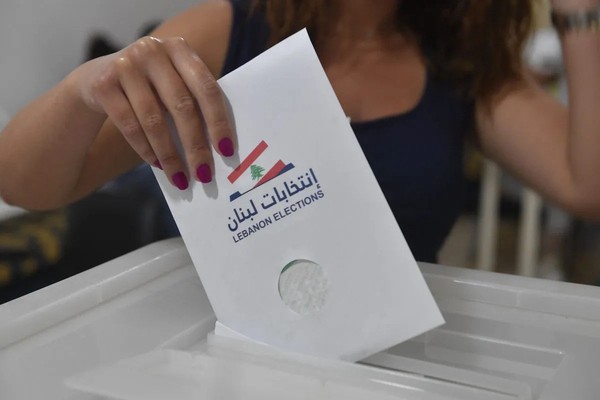In the midst of the worst economic crisis in decades and political instability, Lebanon held its parliamentary elections on May 15. The results of the election showed a drastic change in the constitution of seats. Hezbollah, an Iran-backed political and militant group, and its allies won 58 seats out of 128, losing the majority it had held from 2018 with 71 seats. On the other hand, reformist groups which had previously only won one seat in parliament now gained 22 seats, and the Lebanese Forces, Hezbollah’s main Christian opponent, also gained more seats compared to the 2018 elections.

The shift in power balance in the recent election results reflects the widespread dissatisfaction that Lebanese people had with the Hezbollah-led government. Since the financial collapse in 2019, Lebanon has been under a severe economic decline. Lebanon’s economy had been reliant on foreign currency inflows from tourism, real estate, and remittances from those working abroad. But foreign exchange inflows gradually dried up as a result of slowing remittances and a decline in support by surrounding Sunni Muslim Gulf states with the rising influence of Iran through the Hezbollah. As the damage accumulated and COVID-19 adding insult to injury, the financial crisis quickly escalated. The Lebanese pound plummeted to 90% of its value and according to the United Nations, the majority of the Lebanese population fell into poverty with 75% living below the poverty line. Shortages in necessities including electricity and medicine, ever-rising consumer price levels, and inability to access bank deposits are continuing issues that make daily life difficult.
Discontent with the mismanagement and corruption of the public sector was aggravated by the economic crisis, and the explosion at Beirut port in August 2020 further highlighted the incompetence of the established political elite. The political system of Lebanon, resulting from the 15-year-long civil war that ended in 1990, allocates each religious group a particular number of seats in parliament, proportional to their population. Power is shared between the three biggest religious groups: Shia Muslim, Sunni Muslim, and Christian. This inevitably gives the established ruling parties an upper hand in elections and thus political power, making it easier for corruption to occur. The disillusionment with sectarian rule led to weekly mass protests from 2019 to 2021, and recent elections saw more new, independent candidates who had participated in protest movements and promised for reforms that would relieve the country from political incompetency.
Despite the changes, the newly elected parliament seems no less fragile. The problem of a sectarian dispute within the elected group still has not been solved, if not worsened. Broadly speaking, the most prominent divide still remains to be the divide between pro-Hezbollah and anti-Hezbollah members, and as no particular party or coalition has a majority, many expect that disagreements may be even more difficult to overcome. On a smaller scale, ideological diversity has grown within the anti-Hezbollah groups with the emergence of independent reformist members, possibly posing a challenge in the consolidation of the parliament. It should also be noted that while it is true that more anti-establishment candidates were elected, most of the constituent members are from the traditional ruling parties that led the previous government. In particular, Hezbollah itself managed to hold most of its seats — its ally parties, such as the Christian Free Patriotic Movement party, were the ones that suffered a large decrease in their number of seats. Under these circumstances, and coupled with the fundamental structural flaw in dividing the parliament between religious groups, there is much skepticism as to whether changes significant enough to resolve the issues of mismanagement have actually been made.
The result of the May elections no doubt signals a shift in the political dynamic in Lebanon. But it remains obscure whether the new government will succeed in alleviating the issues plaguing the country or plunge into further political turmoil. While the outgoing government passed an economic recovery plan involving a bailout with the International Monetary Fund in April, the agreement is conditioned on the implementation of reforms such as restructuring the banking sector and improving transparency. Thus, the unity of the new parliament and its ability to agree upon necessary policies and reforms seems crucial to move forward. Hopes for change have been conveyed; the next four years will reveal the outturn of action upon these hopes.

